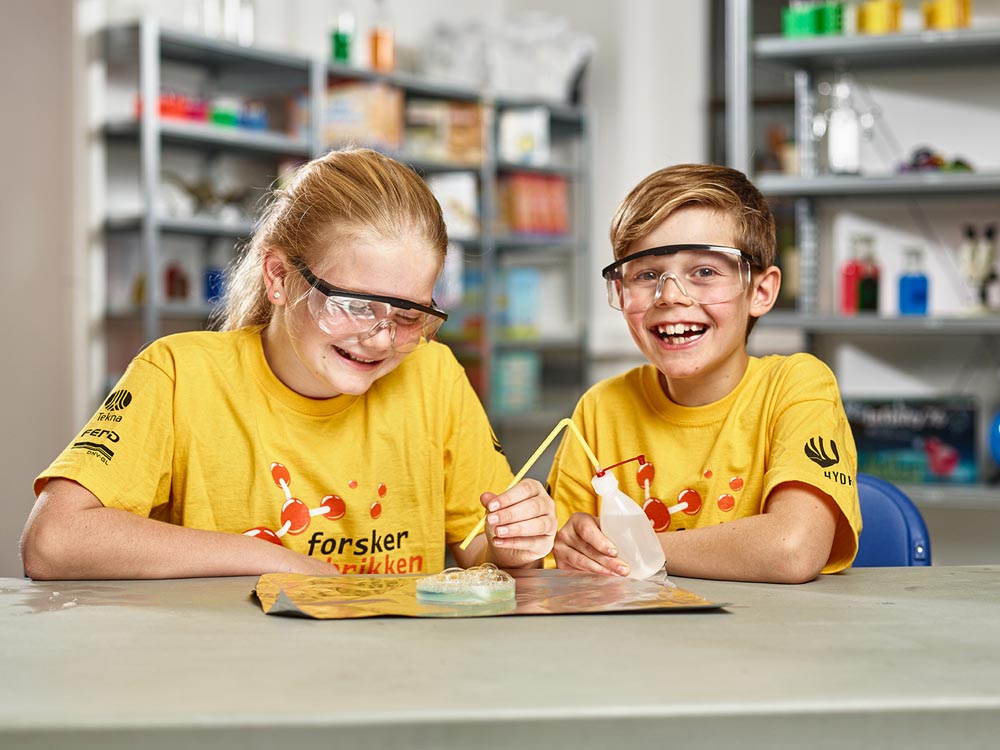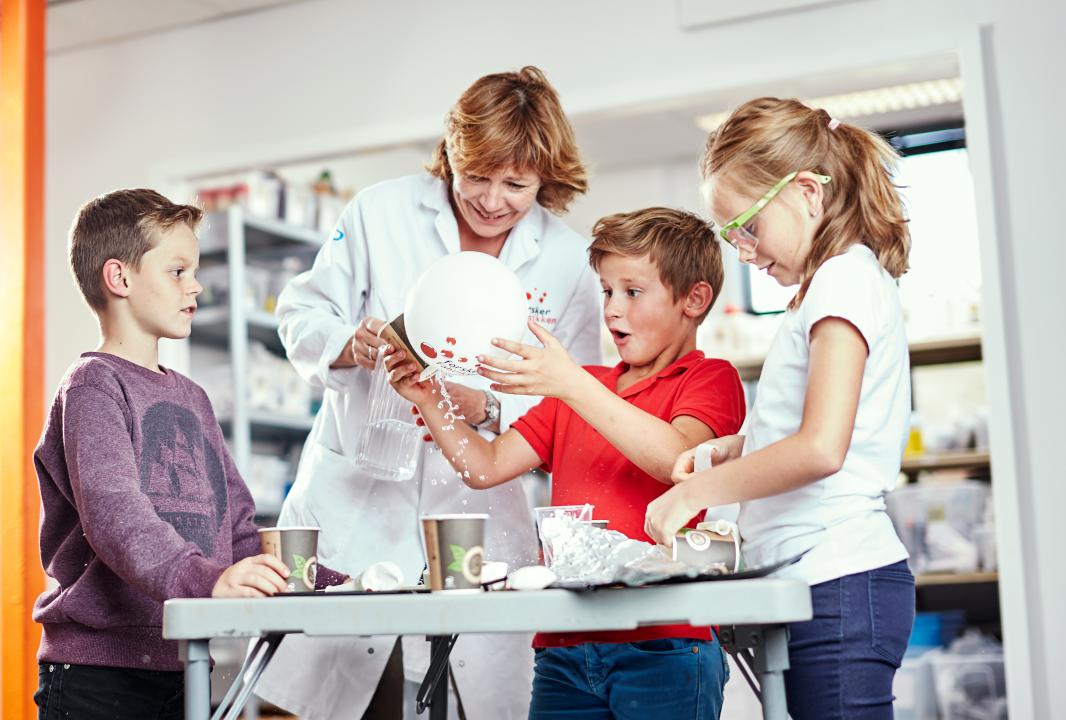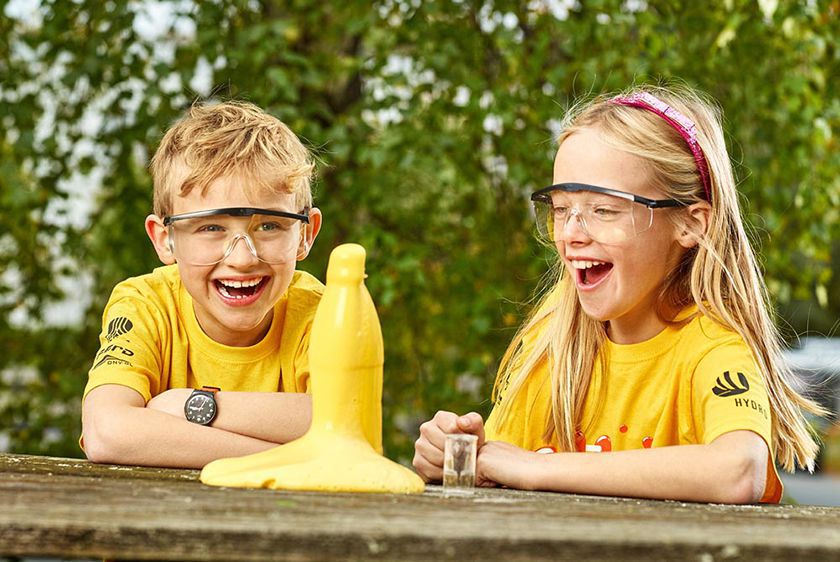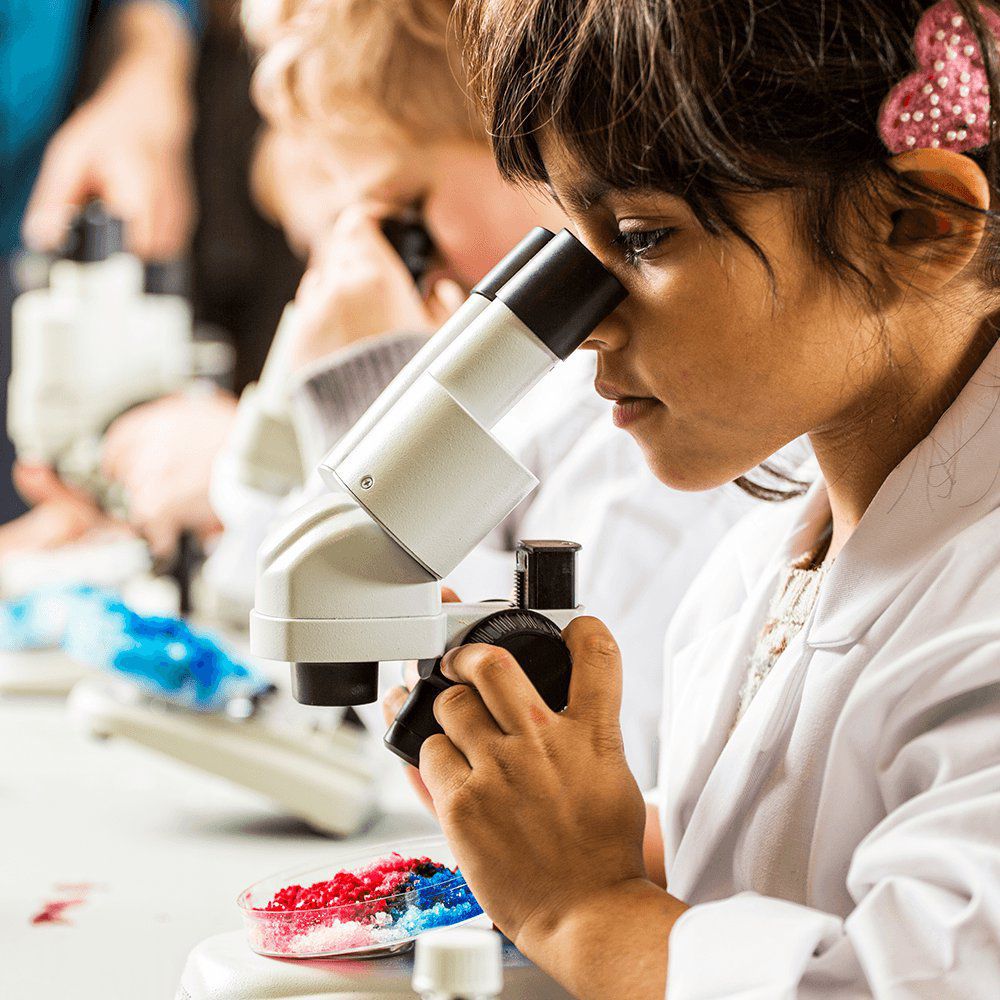STEM
Science, passion and emotions
Passion develops excellence and is driven by emotions
Thousands of hours with practice is necessary to develop excellence in an area. The perseverance necessary to reach this level, is dependent on passion. And passion is again founded on emotions, positive emotions associated with the area of interest.
The biggest concern for all parents is to secure that their children develop the necessary skills to master life as an adult. For many this doesn`t only mean to succeed in school, but also to learn sports, music or similar leisure time activities. But how do children get the endurance and grit necessary to immerse themselves in a subject or a skill for years?

Passion nurtures grit
– To excel at something, focused practice and lot of repetition is necessary, explains professor Hermundur Sigmundsson at the Institute for Psychology at the Norwegian Technical University in Trondheim, Norway. Essential to not give up when facing adversity, is also a fighting spirit and a positive mindset, and these qualities are nurtured by passion and interest.
So how do we develop passion and interest?
-These emotions begin with an internal spark that grows to inner motivation, continues Sigmundsson. It is all about emotions, positive emotions that create feelings of joy and happiness.

Making science fun
Sigmundssons research supports the pedagogy developed by the Scientist Factory since it`s foundation in 2002, where linking positive emotions to natural science always has been a main goal. By doing hands on experiments, triggering children`s senses and taking them by surprise, we awaken their curiosity. Thereafter, we explore phenomena in more detail and place them in a wider context. And we do this together with other people as we believe that sharing real and interesting experiences with others have great value. We remember more when we can talk about it to others, and furthermore, we develop social skills while exploring phenomena together.

The Scientist Factory has a long lasting effect
But do these experiences lead to a long-lasting interest for natural science? To answer this question, we have completed three separate surveys interviewing students that attended our courses nine to ten years ago. And each time the results have been very similar. More than 90% of our participants, remember what they experienced as motivating and fun, and 55% are still very interested in natural science. Furthermore, almost 20% answer that the courses they attended as a child at the Scientist Factory, have influences they decision to study STEM-subjects as an adult. Or as one previous student explains:

“I am studying to become an engineer. I believe this decision has been influenced by early exposure to experiments and science at the Scientist Factory. Enthusiastic course leaders, the possibility to do my own discoveries and the explanations we got, taught me that science and technology is fun.”
Founded in Norway in 2002 as Forskerfabrikken, the Scientist Factory is currently becoming an international social enterprise with its educational toys for children (scientistfactory.com and Forskarfabriken.se). Recently the Scientist Factory Summer Lab has also been launched abroad. This is a course for 26 children aged 9-14 years where all equipment needed to do exciting experiments for five days is provided. Furthermore, instructor training is offered online at teachers.scientistfactory.com. For more information, contact hanne@scientistfactory.com
